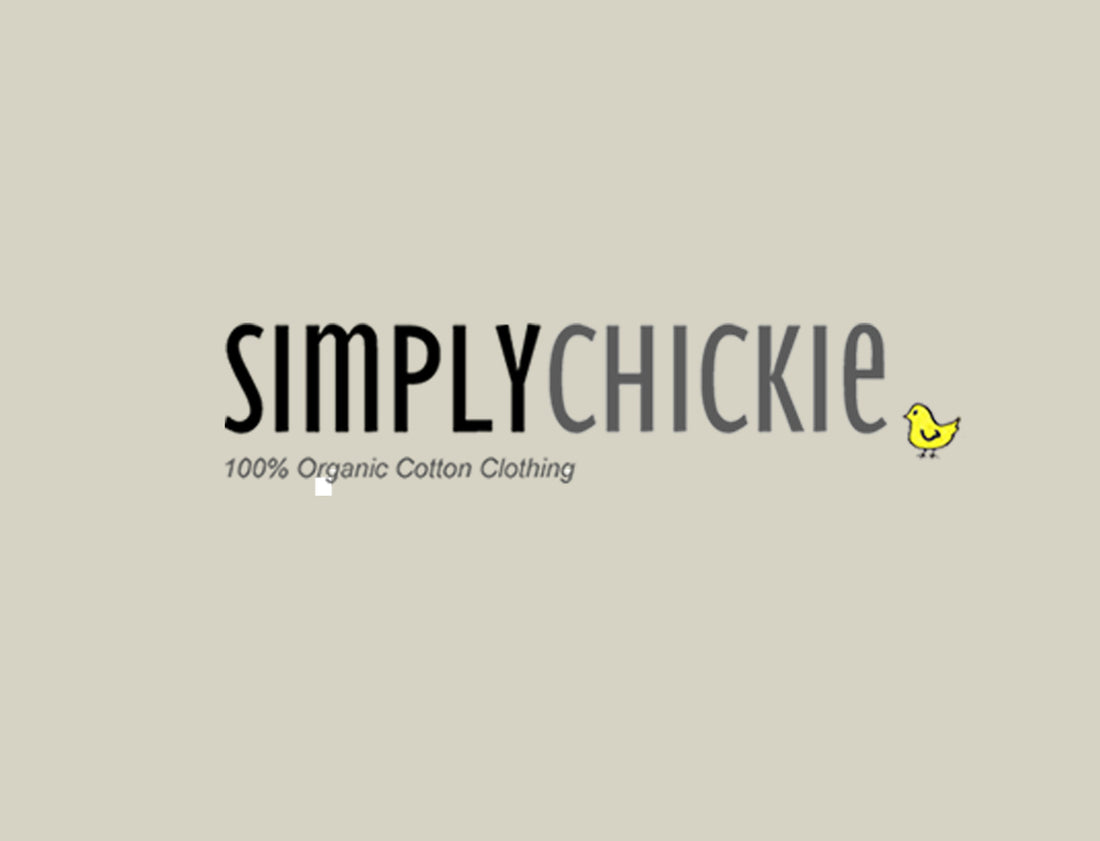We don’t want to sound judgmental about anyone’s choices, but it must be said that it makes little sense to invest in organic baby clothes if you continue to use dangerous cleaning products in your home.
According to an article at HuffingtonPost.com, the understandable desire to keep our homes clean exposes us to an amazing array of harmful chemicals. While most of us have understood some of the dangers posed my modern cleaning products for quite a while now, the study mentioned in the article is eye-opening, and somewhat frightening.
From the article:
"Just 7% of cleaning products adequately disclosed their contents... 53% of cleaning products under review contained lung-harming ingredients. In addition, well-known carcinogens like formaldehyde and chloroform were found in several cleaners."
The information in the article comes from work that has been done, and continues, by the Environmental Working Group who, as a result of their research, have been publishing their Cleaners Hall of Shame List for a number of years now.
Being a small business owner, I don’t believe it’s my place to name brand names when it comes to something like this, exposing myself and my business to liability problems but, you can find the specific products at the links above.
Understanding Cleaning Product Labeling
However, I am eager to let you know what to avoid in another way – read the labels on the cleaning products you have in your home, or that you are considering buying. If the following chemicals are listed, look for alternatives:
- Chlorinated phenols – found in toilet bowl cleaners are toxic to respiratory and circulatory systems.
- Diethylene glycol – found in window cleaners depresses the nervous system.
- Phenols – found in disinfectants are toxic to respiratory and circulatory systems.
- Nonylphenol ethoxylate – a common surfactant (detergent) found in laundry detergents and all-purpose cleaners, is banned in Europe; it has been shown to biodegrade slowly into even more toxic compounds.
- Formaldehyde – found in spray and wick deodorizers is a respiratory irritant and suspected carcinogen.
- Petroleum solvents – found in floor cleaners damage mucous membranes.
- Perchloroethylene – a spot remover, causes liver and kidney damage.
- Butyl cellosolve – common in all-purpose, window and other types of cleaners, damages bone marrow, the nervous system, kidneys and the liver. (Gaiam.com)
DIY Cleaning Solutions
Now, having this information is one thing, right? What can you do instead? With thanks to the folks at ExperienceLife.com, here is a quick list of do-it-yourself solutions to avoid using cleaning products that may be harming your family:
-
Basic sink cleanser – Combine ½ cup baking soda with six drops essential oil (such as lavender, rosemary, lemon, lime or orange). Rinse sink well with hot water. Sprinkle combination into sink and pour ¼ cup vinegar over top. After the fizz settles, scrub with a damp sponge or cloth. Rinse again with hot water.
-
Oven cleanser – Put a heatproof dish filled with water in the oven. Turn on the heat to let the steam soften any baked-on grease. Once the oven is cool, apply a paste of equal parts salt, baking soda, and vinegar, and scrub.
-
Bathroom mildew remover – Good ventilation helps prevent mildew and mold. When they do occur, make a spray with 2 cups of water and 1/4 teaspoon each of tea-tree and lavender oil. Shake first and spray on trouble spots. The oils break down the mildew so there’s no need to wipe it down.
-
Carpet shampoo – Mix 3 cups water, ¾ cup vegetable-based liquid soap, and 10 drops peppermint essential oil. Rub the foam into soiled areas with a damp sponge. Let dry thoroughly and then vacuum.
-
Laundry soap – Try “soap nuts” made from the dried fruit of the Chinese soapberry tree. Available in natural groceries and online, the reusable soap nuts come in a cotton sack that goes into the washing machine with clothes.
- Dusting – Skip the furniture polishes. Instead, use a microfiber cloth. Made from synthetic fibers that are then split into hundreds of smaller microfibers, they capture dust more efficiently than regular rags. If necessary, a little olive oil makes a fine polishing agent.
For anyone who is serious about safety in the home, as well as safe organic baby clothing, this information should be very helpful.
Want to be kept “in the loop” when new organic clothing designs for babies, toddlers, and women are available? Click here to sign up for the Simply Chickie Newsletter.
Are you thinking of opening your own online store? The Shopify Platform is a great way to get it done. Click here for more: Shopify.
